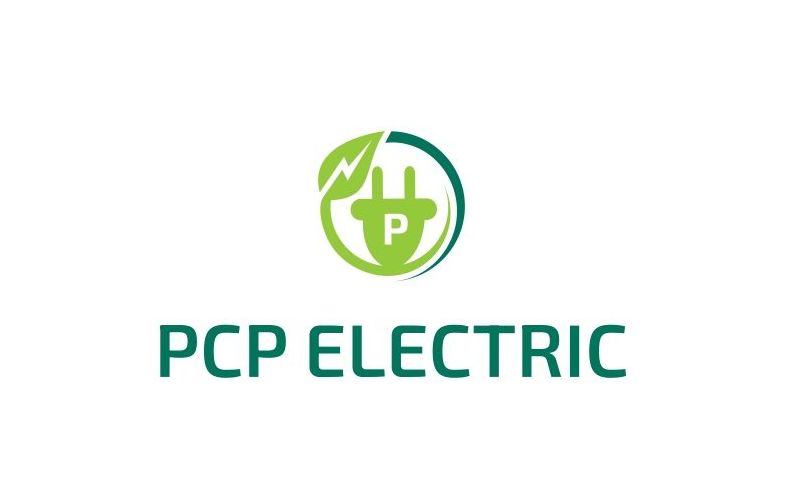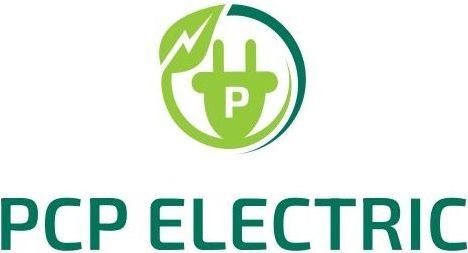Everything You Need to Know About MCCB Circuit Breakers and Contactors — PCP Electric Insights
Everything You Need to Know About MCCB Circuit Breakers and Contactors — PCP Electric Insights

In every electrical system, protection and control are vital to maintaining safety, performance, and reliability. Whether in industrial facilities, commercial buildings, or large-scale infrastructure, power systems must handle high electrical loads while preventing equipment damage and operational hazards. Two essential components that make this possible are MCCB Circuit Breakers and Contactors.
Understanding how these devices work—and how they complement each other—is crucial for engineers, electricians, and business owners managing electrical systems. In this article, PCP Electric shares expert insights on MCCB Circuit Breakers and Contactors, their functions, differences, and importance in today’s electrical setups.
What Is an MCCB Circuit Breaker?
A Molded Case Circuit Breaker (MCCB) is an electrical protection device designed to automatically interrupt current flow in the event of an overload or short circuit. It protects electrical circuits, machines, and equipment from damage caused by excessive current.
Unlike traditional circuit breakers used in small applications, an MCCB Circuit Breaker is suitable for medium to high current ratings, typically ranging from 100A to 2500A. It is commonly found in industrial and commercial environments where electrical loads are significantly higher than in residential systems.
Key features of MCCB Circuit Breakers include:
- Adjustable Trip Settings: Allow customization of current limits to match system requirements.
- Thermal and Magnetic Protection: Thermal elements protect against overloads, while magnetic triggers respond to short circuits.
- High Breaking Capacity: MCCBs can handle high fault currents safely without damage.
- Durable Construction: Built to withstand harsh industrial conditions and ensure long-term reliability.
By cutting off current flow when faults occur, MCCBs help prevent fire hazards, electrical failures, and equipment breakdowns.
What Is a Contactor?
A Contactor is an electrically controlled switch used to control the flow of electricity to motors, lighting systems, or heating equipment. It operates by using an electromagnetic coil to open or close contacts within the circuit, allowing large amounts of current to be controlled by a low-power signal.
Contactors are widely used in automation systems, motor control centers, and industrial machinery. They are ideal for frequently switching electrical loads on and off without manual intervention.
Main functions and benefits of Contactors:
- Remote Control Operation: Can be controlled automatically or manually using a switch or relay.
- High Switching Frequency: Designed to operate thousands of times per day without damage.
- Arc Suppression: Equipped with arc chutes to safely handle voltage spikes during switching.
- Versatile Applications: Used for motor starters, lighting circuits, heating elements, and more.
In essence, while MCCBs protect electrical systems from overload and short circuits, Contactors handle the control and switching of electrical loads in a reliable and efficient manner.
Key Differences Between MCCB Circuit Breakers and Contactors
While both MCCB circuit breakers and contactors play crucial roles in electrical systems, they serve different purposes. An MCCB (Molded Case Circuit Breaker) is primarily designed for protection against overloads and short circuits. It operates automatically when it detects faults and must be manually reset after tripping. MCCBs are typically used in power distribution and feeder protection, handling medium to high current loads safely and efficiently.
A contactor, on the other hand, is mainly used for switching and controlling electrical loads such as motors, lighting, and heating systems. Unlike MCCBs, contactors work through electromagnetic switching based on control signals, allowing for frequent load switching. They automatically reset through a control input, making them ideal for automation and industrial applications.
Why MCCBs and Contactors Are Essential in Electrical Systems
1. System Protection
MCCB Circuit Breakers act as the first line of defense against faults. They instantly disconnect power when current exceeds safe limits, preventing damage to equipment and wiring.
2. Operational Control
Contactors allow seamless control of motors, lighting, and machinery. They enable automation systems to switch loads efficiently, saving time and reducing human error.
3. Enhanced Safety
Combining MCCBs and Contactors in one system ensures both protection and control. MCCBs handle dangerous fault conditions, while Contactors allow safe remote operation, keeping operators away from live electrical components.
4. Reliability and Longevity
By preventing electrical overloads and ensuring smooth switching, both devices help extend the lifespan of connected equipment, minimizing downtime and maintenance costs.
5. Energy Efficiency
Contactors, when integrated with automation systems, can optimize energy use by switching equipment on and off only when needed, leading to lower operational costs.
Applications of MCCB Circuit Breakers and Contactors
These devices are used in a wide range of sectors, including:
- Industrial Automation: To protect and control heavy machinery and conveyor systems.
- Commercial Buildings: For managing lighting, HVAC systems, and power distribution.
- Manufacturing Plants: To ensure safe motor operations and reliable power flow.
- Renewable Energy Systems: For safeguarding solar and wind installations.
- Data Centers: To maintain stable and protected electrical supply to sensitive equipment.
Each application benefits from the combination of MCCB protection and Contactor control, resulting in a more dependable and safe power distribution system.
Final Thoughts
The performance and safety of any electrical system depend heavily on the quality and reliability of its protective and control components. MCCB Circuit Breakers safeguard your system against dangerous electrical faults, while Contactors provide the flexibility and automation needed for efficient power management.
Understanding their roles and how they complement each other is key to designing a robust, long-lasting electrical infrastructure.
PCP Electric offers a wide selection of high-quality MCCB Circuit Breakers and Contactors, engineered to meet industrial standards and deliver dependable performance in even the most demanding environments. With a focus on innovation, safety, and reliability, PCP Electric continues to empower businesses with trusted electrical solutions that keep operations running smoothly.

